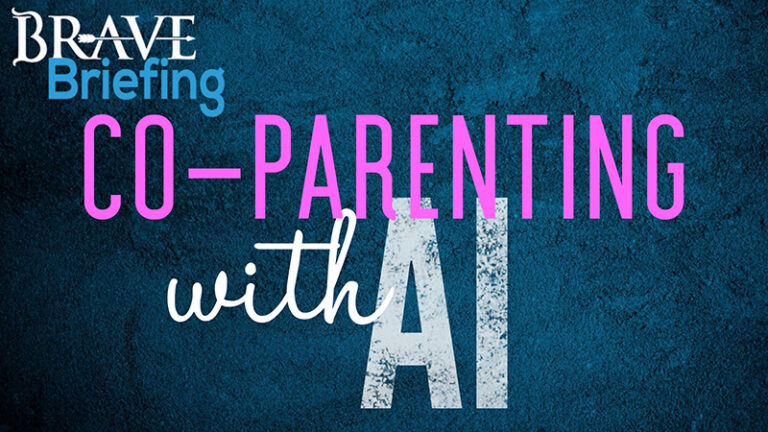It’s so easy to conclude all our problems would be made easier with more money. It’s such a lie.
The lies I tell myself are: more money would mean my family would be able to travel when the kids are out of school (the ‘peak times’ we currently have to avoid). More money means my kids would be able to play in the all the sports they want, I could take off work unpaid if I needed to – or maybe just not even work, we would be able to visit family across the country more often, and my gray hairs would be perfectly covered with highlights. Those are just a few things off the top of my dreamy head I imagine would be made easier with more money.
I recently discussed this paradigm with a friend. She and I both have medically related degrees, I am a Pharmacist, she’s an Optometrist. Both of us work full time, raise children, and struggle with the desire to have more money to make “the struggle” easier. And in full disclosure, we make good money in our respective careers! How is that we aren’t satisfied with our income?
Discontentment.
The truth is that we all have a level of discontent when it comes to finances. We all believe life would be just that much easier if we had a bit more.
I am convinced there is immense value and benefit to being financially constrained as a parent. When we can recognize and acknowledge our financial discontent, we can realign our thought patterns and habits in order to reestablish healthy contentment – for ourselves and our children.
As my friend and I wrestled with this topic we found 5 specific areas where more money would actually be detrimental to our families.
NUMBER 1: You will choose only the best sport or hobby for your child to invest in.
Unable to afford piano lessons, dance class, AND club volleyball simultaneously you will force yourself – and your child – to pick the one best activity to invest in. This will teach the child how to make big decisions as well and help maintain their focus.
A fantastic byproduct of this decision is you will also protect your family’s time together. The fewer activities to shuttle kids to and fro means the more family dinners and game nights your family can have.
NUMBER 2: Special activities won’t become commonplace.
Our culture offers and abundance of entertainment options. You could do something as simple as a museum or an amusement park all the way up the spectrum to taking your children regularly to Broadway musicals, concerts (with amazing seats), or professional sporting events. The more we make entertainment activities commonplace in our family, the more and more difficult it will be to please our children. When our children are grown they may expect a similar constantly entertained lifestyle which is hard to maintain when not on Mom & Dads payroll anymore. Many young adults have fallen into financial ruin trying to achieve their parent’s lifestyle fresh onto the job force.
Financial constraints help bridle this tendency. When special activities are actually special and rare, it embeds an appreciation and gratitude for them in children. They will have plenty of life to experience events and moments like these, there is no need to squeeze everything into childhood.
NUMBER 3: The value of hard work and saving money
Behind most every financial constraint is someone working hard. It takes hard work, maybe long hours or unfavorable work conditions and dedication to provide for a family. In order to buy a house or a car, go on a vacation, or even get out of debt someone is working hard and saving money. This lesson can be learned solely by a child’s observation.
Kids see and understand hard work, regardless if they acknowledge it. But when families take the time to explain how hard work equates to provision, goal accomplishments, and the “extras” in life, kids will develop a firm and healthy foundation for hard work and saving money.
In contrast, an unlimited amount of money would make it less likely for kids to learn the crucial lesson of delayed gratification through hard work and saving money.
NUMBER 4: More family time and bonding at home
When money is limited you often have no choice but to stay at home and get creative. This may mean your family watches a DVD together, plays a board game, or enjoys time outside in your neighborhood. This is at the core of family bonding and connection. This is precious time when your children feel loved and secure.
When money is in abundance the tendency is for the parents to pursue their own happiness and enjoyment – because they can afford both a nice dinner and a babysitter! Paying $50 for a night of babysitting so you can “get away” from the children is definitely okay on occasion but can easily become a routine habit if money is no object. These habits leave children feeling less secure and connected to their parents due to lack of “being bored together.” There is fundamental beauty and bonding found inside the home – bored – together.
NUMBER 5: Less selfishness
I’ve spoken with enough men and women living on a budget to know this to be true of others as well as myself: If I didn’t have to maintain and keep within a budget I would spend more money on myself.
I like nice things – who doesn’t? As for me, I would dress better – and for that fact, so would my children! I’d own more pairs of shoes and definitely would wear lulu Iemon workout clothes instead of Target. I would indulge in treats like manicures and pedicures more often. I’d get my haircut more than once a year (and absolutely cover these incoming grays). Maybe I’d drive a nicer car but probably I’d just pay to get my car washed and detailed so I wouldn’t have to do it myself.
None of these things are bad or negative, in fact, they’re really awesome things. It’s all relative though. Someone who can afford my bucket list of desires most likely has their own list of things they wish for but cannot afford. The problem lies in that it’s never enough. Our consumer culture tells us this every day. And our vanity driven desires know no end and work to perpetuate our selfishness.
And our selfishness will be inevitably taught to our children. They, too, will learn to put self above others. Definitely not want I want for the next generation.












